Russia Blocks Popular History Web Site
July 13th, 2009 — Bruce EtlingIn a rare case of Internet filtering in Russia, the popular history Web site Hronos.info has been blocked for publishing Hitler’s Mein Kampf. According to the site’s founder, Vyacheslav Rumyantsev, the site was shut done last week by the site’s ISP, Agava, after a warning from St. Petersburg’s local Ministry of Interior ‘K’ squad, which enforces violations of Russian laws on the Internet.
Similar to what the OpenNet Initiative has seen in a number of other countries, the site was blocked because it violated Russian laws on anti-extremism (Article 280 of the Criminal Code).
In Russia, it appears that ISPs are responsible for violations of the law by their users. The Moscow Times describes how it’s done:
A spokesman for St. Petersburg police, Vyacheslav Stepchenko, said Friday that the site was closed down after the police sent a letter to provider Agava. He said that the law calls for the distributor of information to be warned first, and a criminal case will be opened only if the warning is ignored.
The law applies to the provider, not to the author of a web site, he said. “According to Russian law, responsibility for distribution lies with the owner of the resource, the owner of the hosting.”
The police department sends about 20 warning letters every month, he said.
Two mirror sites are up, with Mein Kampf removed.
 Over the weekend, Russian censors also cut part of a South Park episode to edit out a clip that makes fun of Prime Minister Putin. The section that was cut is available at the New Yorks Times Arts Beat Blog. It’s not clear who did the actual cutting. Last year, prosecutors also warned Russian cable channel 2×2, which airs South Park in Russia, that an episode of the show (Mr. Hankey’s Christmas Classics) could be seen as promoting hatred between religions. A Moscow court later canceled that warning.
Over the weekend, Russian censors also cut part of a South Park episode to edit out a clip that makes fun of Prime Minister Putin. The section that was cut is available at the New Yorks Times Arts Beat Blog. It’s not clear who did the actual cutting. Last year, prosecutors also warned Russian cable channel 2×2, which airs South Park in Russia, that an episode of the show (Mr. Hankey’s Christmas Classics) could be seen as promoting hatred between religions. A Moscow court later canceled that warning.
UPDATE: The Moscow Times later reported that the Web site’s creator actually thinks that his site was shut down because of criticism of St. Petersburg mayor and Putin loyalist Valentina Matviyenko, and may have had nothing to do with Mein Kamph. The Moscow Times writes:
Rumyantsev said Tuesday that he suspected that the real reason for the closure last week was an article critical of Matviyenko that was posted on the site’s magazine section on June 15, four days before the police warning.
“It was a very quick reaction,” he said. “‘Mein Kamp’ was on the site for two years, and no one lifted a finger.”


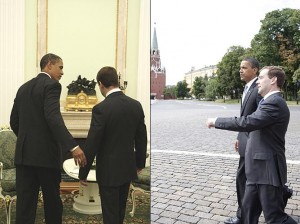


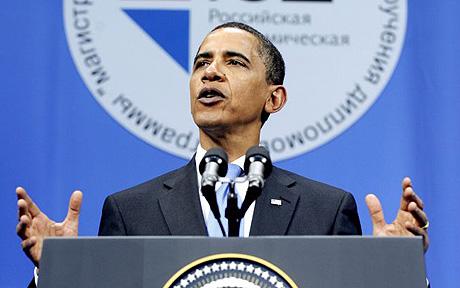


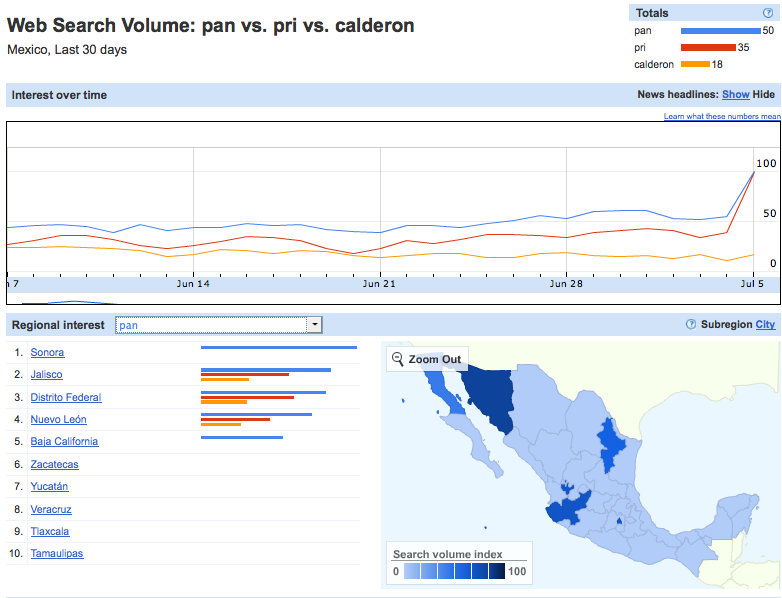
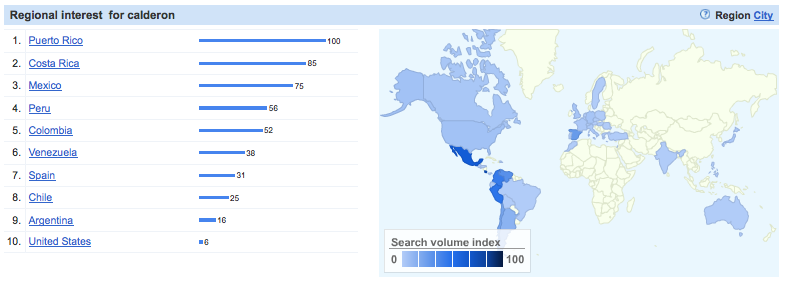
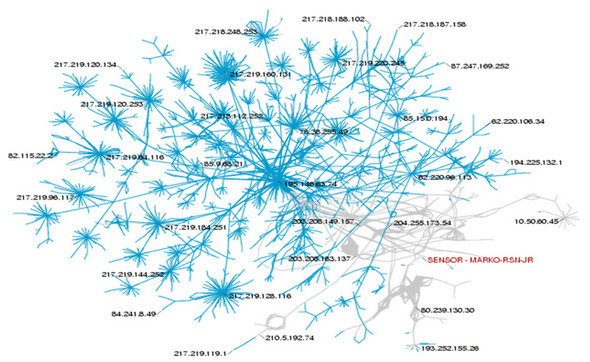

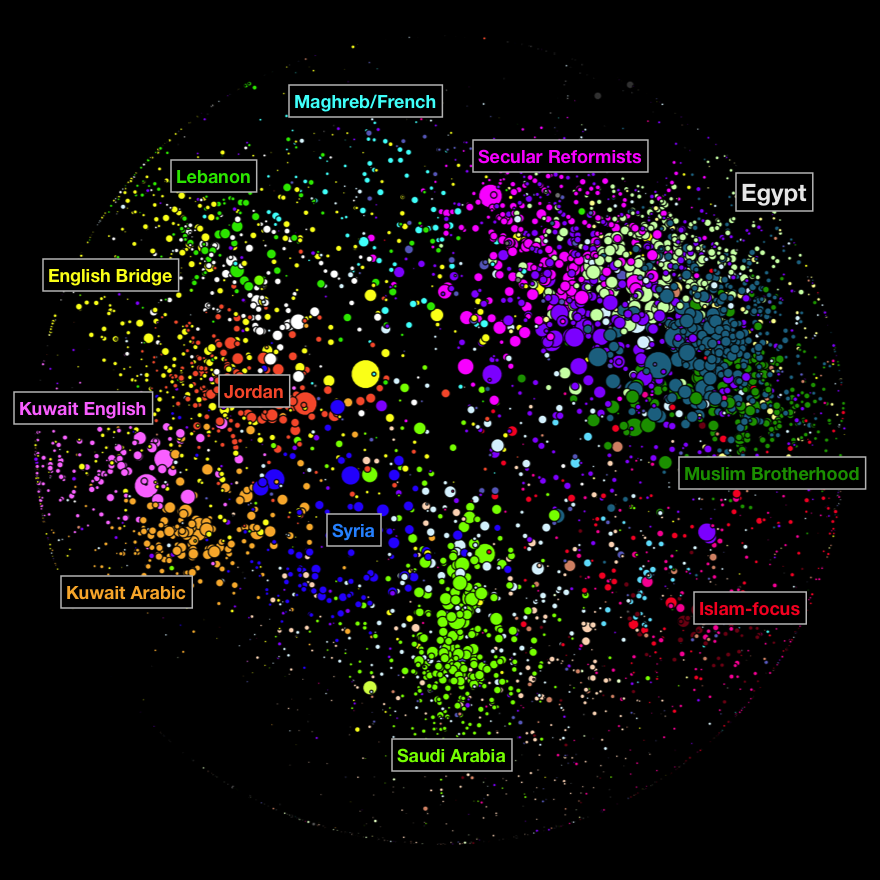

 Click Here
Click Here